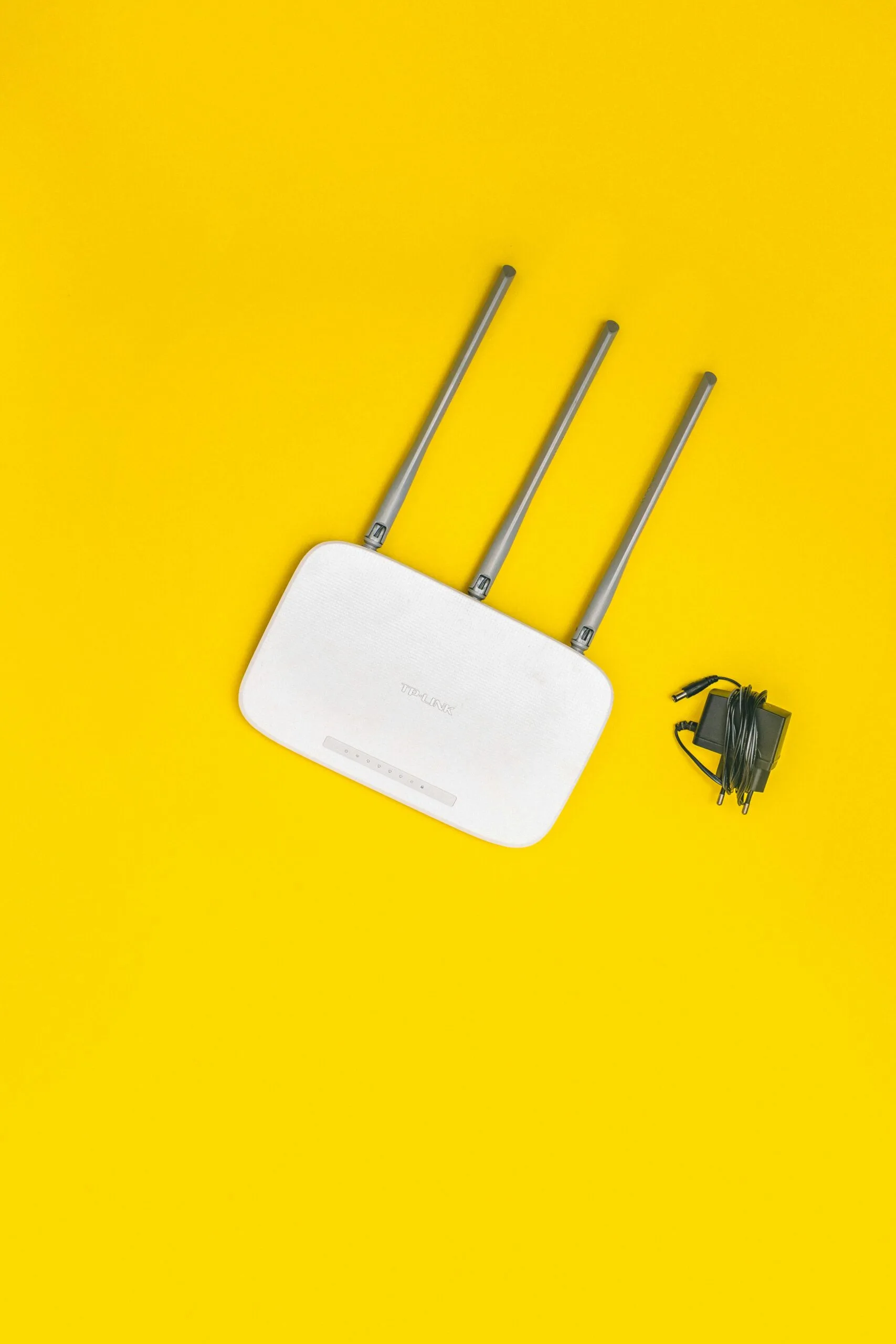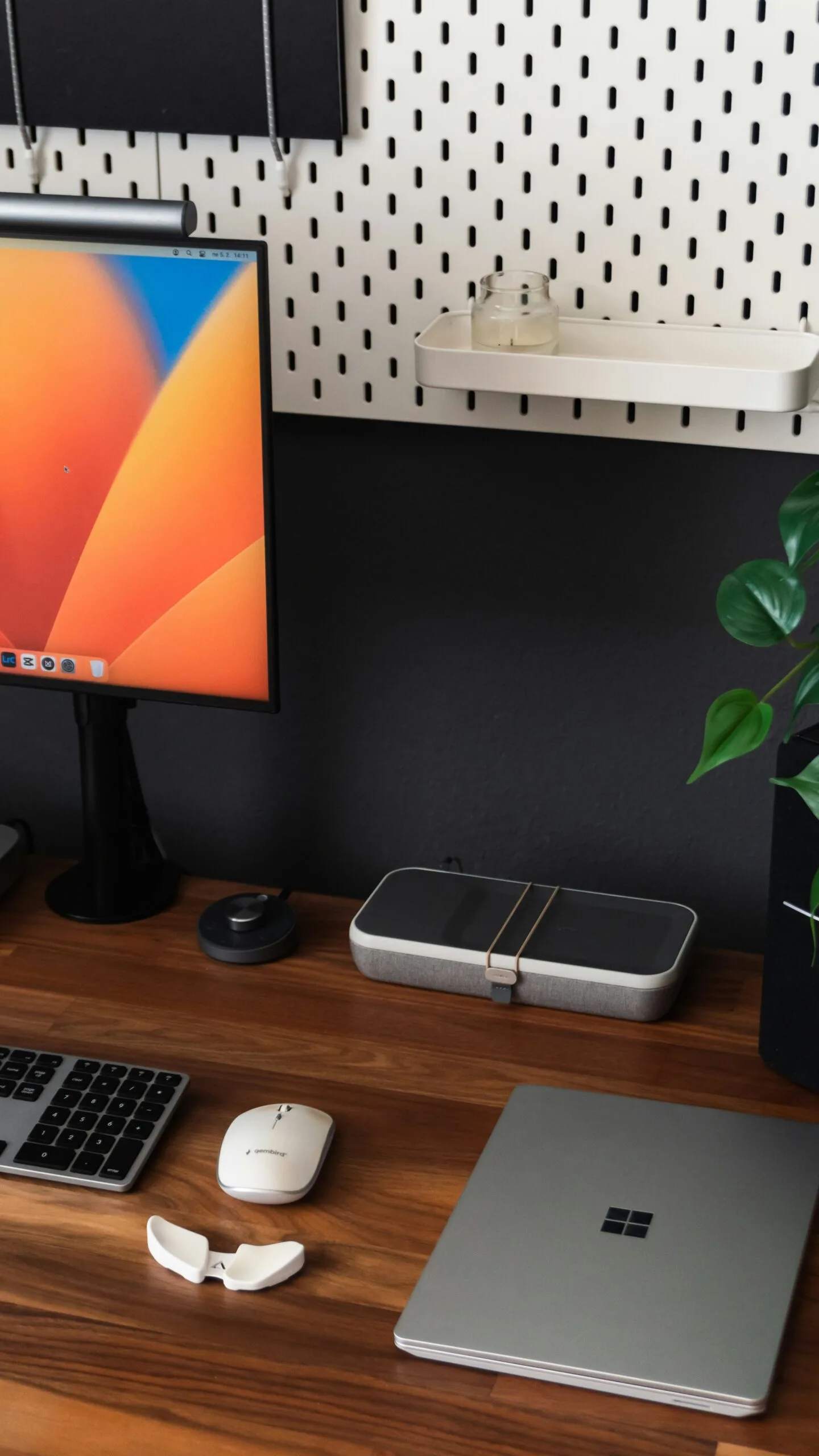VoIP: What is it and why IT companies are better placed to provide VoIP services to businesses.
VoIP phone services have been around since 1996, but have only really been utilised by the wider business community since the introduction of high speed broadband.
Voice over Internet Protocol (VoIP) is the technology which takes analog voice data, converts it to digital packets to be sent over the internet.
VoIP Popularity
Over the last two decades VoIP has evolved from being a tech novelty to becoming a vital part of business communications.
A few reasons why VoIP is at the top of business communications:
No Landline
Businesses no longer require a landline into the building. Landlines would also restrict call centres to a single location. VoIP allows for teams to be spread over different locations providing flexibility with staffing and work environments.
Cheaper Call Plans
Call charges, especially International calls can eat into a large portion of a business’s budget. VoIP is more cost effective with local calls usually free and international calls charged and a extremely low rate or free on some packages.
Always Connected
With remote working on the rise, VoIP has made it easier for remote workers to stay connected to the office. Remote work is proven to increase productivity and decrease costs overall.
VoIP Call Routing
There are an array of services offered by VoIP providers that you would not receive with a traditional phone service. The most popular feature being able to transfer an incoming call to multiple handsets before being diverted to voicemail or mobile number.
Call Monitoring
This allows companies to monitor inbound and outbound calls for quality or training purposes. This helps you understand how your business is performing in its customer service or sales calls.
Integration
VoIP phone systems seamlessly integrate with business tools you’re already using such as Microsoft Teams, CRM applications, Websites and more.
Traditional Phone Providers
With a Public Switched Telephone Network (PSTN) or Integrated Services Digital Network (ISDN) the provider would install a phone system unit within the office building. This would then connect the traditional landlines from outside to the handsets placed on staff desks. This would not require any connection to the computer network connecting the office workers computers to each other and the internet (this will be made relevant later). Traditional providers are also well know for their extremely long, restrictive and expensive contracts. A VoIP phone system can cost up to 80% less than a traditional phone system.
Why IT companies do VoIP Better?
VoIP is all about integrating communications into your business’s internet facing network. As previously mentioned this is completely different to a traditional phone system. A well configured VoIP phone system works along side your IT infrastructure without either service being affected. This requires taking into account existing infrastructure, VLANs (Virtual Local Aera Networks), hardware and internet connectivity. All of these are part of an IT company’s daily routines, whereas this is new territory for most traditional phone system providers.
Low Cost Calls
There’s also a huge difference in the call packages offered. VoIP phonelines are handled by SIP Trunks, which are the equivalent of a digital switchboard. These SIP Trunks hold your phoneline information and direct any inbound or outbound calls to or away from your phone system. SIP Trunks have as little as a monthly contract and range from £5 up depending on which calls are included.
Hosting
Many businesses are opting for a Hosted VoIP Phone System to provide that extra layer of flexibility and continuity. A hosted solution works buy installing the PBX software on a cloud hosted server. This then allows the handsets and in some cases mobile devices connect directly out to the internet wherever they may be. Using a hosted server is useful for when things don’t go to plan. If a PBX running in the office were to go down, the business would have no phones until the server was fixed or replace. This could take days. A hosted server will move to another hosted server in a matter of minutes.
Summary
Hosting, IT infrastructure integration and online SIP trunks. All these are bread and butter for most IT companies and have been for a while. The time of high priced, long contracted phone systems are a thing of the past and every business should get on board the VoIP train.
Is VoIP what your business needs?
Here are some questions to ask yourself: Do I want-
- flexibility to allow staff to work from anywhere?
- to be able to add new users and features at little cost?
- to save money?
- a system with an effective disaster recovery plan?
If you answered yes to any of these questions and want to know more about VoIP and how it can help your business, Get in touch now.
Recent Blogs
Related posts
What You’re Missing in Microsoft 365 (Without an Audit)
If your business uses Microsoft 365, there's a good chance you're not getting everything you're paying for. Like most people, you might assume your setup [...]
Wi-Fi Performance Secrets to Boost Your Business Productivity
Nothing disrupts your workday quite like unreliable Wi-Fi. One moment everything’s running smoothly, and the next, video calls freeze, files won’t upload, and the team [...]
Project Chaos to Clarity: How Microsoft Planner Transforms Small Businesses
In the past, teams relied on sticky notes and endless email threads to manage tasks. But with today’s hybrid work environments and fast-moving deadlines, that [...]








